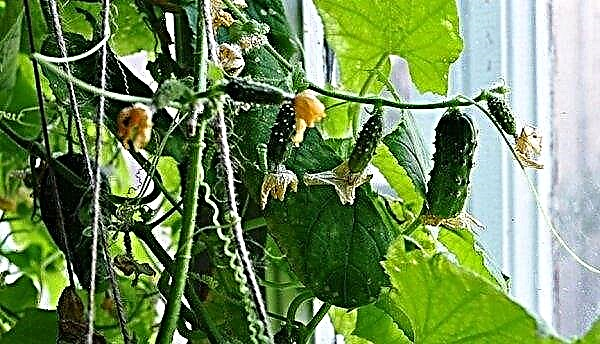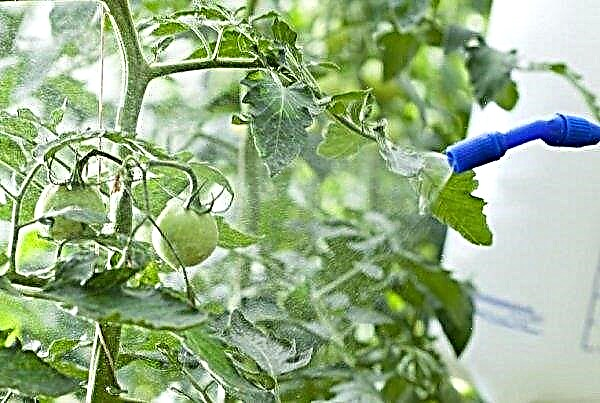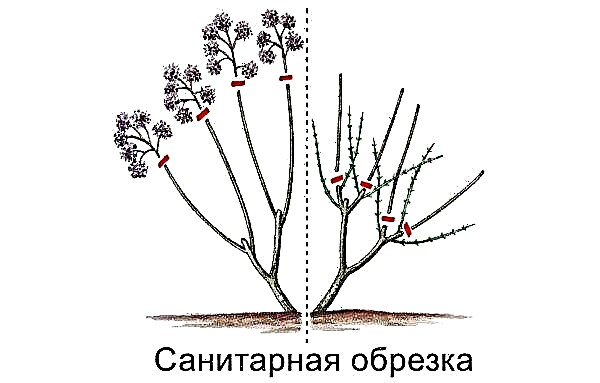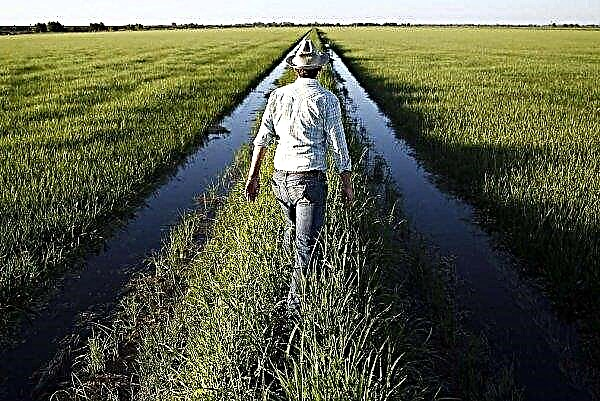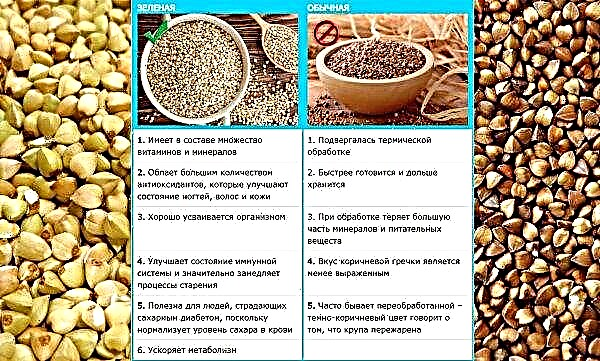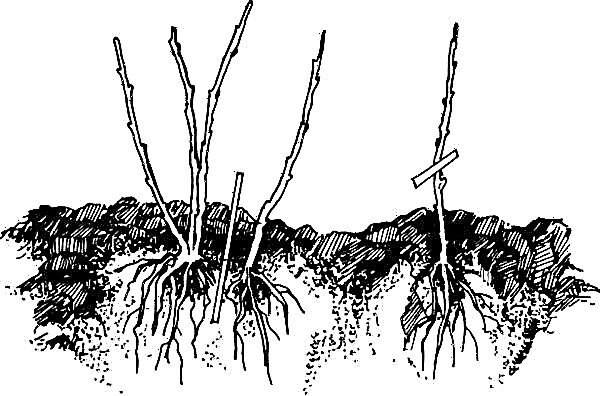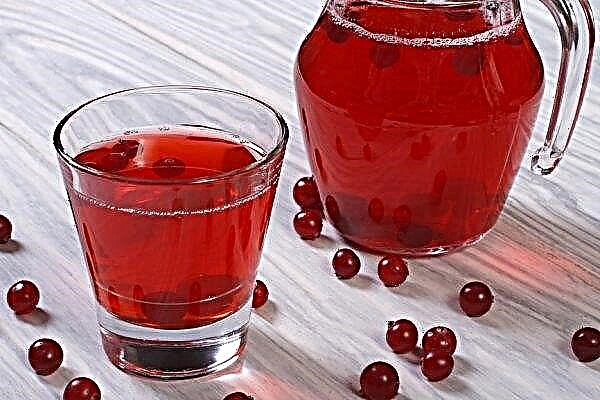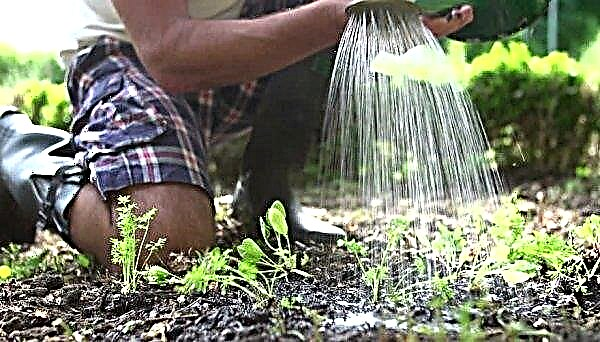Indian scientists care about the health of farmers.
What is the harm of pesticides to humans, Indians know firsthand. In 2017, 63 farmers in the state of Maharashtra were killed in India due to pesticide poisoning.
 The poison enters the human body through the lungs, digestive tract and skin. The toxicity of the compounds is dangerous in that it affects cholinesterase, which destroys the acetylcholine mediator. This mediator is responsible for the transmission of motor impulses from the nerve to the muscle. If there is an excess of it, the entire musculature of a person is paralyzed - cramps, cramps, heart rhythm failure and many other unpleasant and deadly consequences. This is an extreme degree of poisoning.
The poison enters the human body through the lungs, digestive tract and skin. The toxicity of the compounds is dangerous in that it affects cholinesterase, which destroys the acetylcholine mediator. This mediator is responsible for the transmission of motor impulses from the nerve to the muscle. If there is an excess of it, the entire musculature of a person is paralyzed - cramps, cramps, heart rhythm failure and many other unpleasant and deadly consequences. This is an extreme degree of poisoning.
The Indians have developed a tool that neutralizes the effects of the pesticide. Scientists from the Institute for Stem Cell Biology and Regenerative Medicine (Bangalore, India), under the direction of the Department of Biotechnology, have developed an oxime gel.
At the heart of the product is chemically modified chitosan. This is an amino sugar, in nature it can be obtained only from chitin, that is, the shell of shrimp, lobsters, crabs, as well as from lower mushrooms. Animal testing has shown that the gel deactivates the action of organic phosphate and reduces the inhibition of acetylcholinesterase. Researchers say that farmers rarely use protective suits in the hot climate of India. In addition, which is inconvenient, manufacturers save on gloves, shoes and respirators. As a result, Indian farmers spray pesticide in huge concentrations without special protection.
Now scientists plan to conduct testing on volunteers. If they succeed, the gel can become an alternative protective agent for human skin from pesticides.

